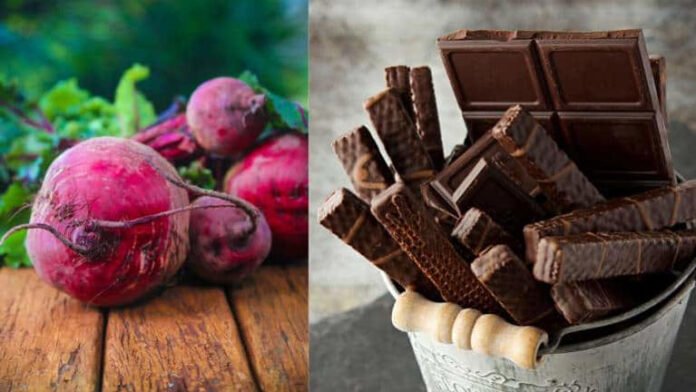Maintaining optimal haemoglobin levels is crucial for overall health and well-being, as haemoglobin plays a vital role in transporting oxygen from the lungs to various tissues and organs in the body. Low haemoglobin levels can lead to fatigue, weakness, and even anaemia if left unaddressed. While supplements and medications may be prescribed in severe cases, there are several natural ways to improve haemoglobin levels through dietary interventions. Incorporating certain foods into your daily meals can help boost haemoglobin production and alleviate symptoms of fatigue and anaemia. Here are nine nutrient-rich foods to include in your diet to naturally enhance haemoglobin levels:
- Spinach: This leafy green vegetable is a nutritional powerhouse, rich in iron, folate, and vitamin C, all of which are essential for haemoglobin synthesis. Adding spinach to salads, smoothies, or stir-fries can significantly contribute to increasing iron intake and improving overall blood health.
- Legumes: Beans, lentils, and chickpeas are excellent sources of plant-based iron, making them ideal for vegetarians and vegans looking to boost their haemoglobin levels. Additionally, legumes are high in protein and fiber, promoting satiety and supporting digestive health.
- Beetroot: Packed with iron, folic acid, and antioxidants, beetroot is a versatile vegetable that can be enjoyed raw in salads, cooked in soups, or blended into juices. Its natural sweetness and vibrant color make it a delicious and nutritious addition to any meal.
- Pomegranate: Known for its potent antioxidant properties, pomegranate is also rich in iron, vitamin C, and folate, all of which are essential for haemoglobin synthesis. Consuming pomegranate seeds or drinking pomegranate juice regularly can help improve blood circulation and boost haemoglobin levels.
- Nuts and Seeds: Almonds, pumpkin seeds, and sunflower seeds are rich sources of iron, vitamin E, and essential fatty acids, all of which support haemoglobin production and overall blood health. Snacking on a handful of nuts or seeds daily can provide a nutrient boost while satisfying hunger cravings.
- Fortified Cereals: Many breakfast cereals are fortified with iron and other essential nutrients, making them a convenient option for increasing haemoglobin levels. Look for whole grain cereals with added iron and pair them with vitamin C-rich fruits or fortified plant-based milk for maximum absorption.
- Lean Meats: For non-vegetarians, lean meats such as chicken, turkey, and fish are excellent sources of heme iron, which is more readily absorbed by the body compared to non-heme iron found in plant-based foods. Incorporating lean meats into your meals a few times a week can help boost haemoglobin levels naturally.
- Dark Chocolate: Indulging in dark chocolate with a high cocoa content (70% or higher) can provide a delicious way to increase iron intake. Dark chocolate also contains antioxidants and flavonoids that promote heart health and improve blood flow, further supporting haemoglobin production.
- Citrus Fruits: Citrus fruits like oranges, lemons, and grapefruits are rich in vitamin C, which enhances iron absorption and aids in haemoglobin synthesis. Adding citrus fruits to your diet or squeezing fresh lemon juice over meals can help maximize the benefits of iron-rich foods.
In addition to incorporating these nutrient-rich foods into your diet, it’s essential to adopt healthy eating habits and lifestyle practices that support overall blood health. Ensure you’re drinking an adequate amount of water daily to stay hydrated and support proper blood circulation. Regular physical activity, such as brisk walking, jogging, or yoga, can also help improve blood flow and oxygen delivery to tissues and organs.
Furthermore, it’s crucial to avoid excessive consumption of caffeine and alcohol, as these substances can interfere with iron absorption and contribute to dehydration. Instead, opt for herbal teas, water-infused fruits, or freshly squeezed juices to stay hydrated and nourish your body.
In a nutshell, maintaining optimal haemoglobin levels is essential for overall health and vitality. By incorporating nutrient-rich foods like spinach, legumes, beetroot, and pomegranate into your diet, you can naturally boost haemoglobin production and combat fatigue and anaemia. Coupled with healthy lifestyle habits and adequate hydration, these dietary interventions can support optimal blood health and promote overall well-being. Remember to consult with a healthcare professional or registered dietitian if you have any concerns about your haemoglobin levels or dietary needs.

